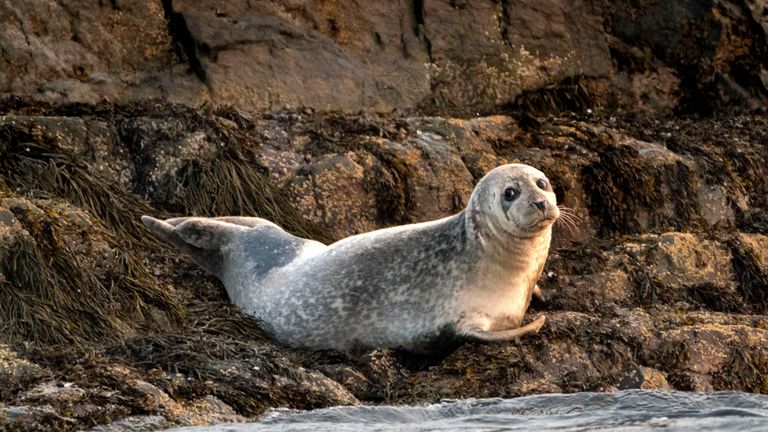Scientists fear bird flu has spread from mammals to humans for the first time, marking another step in the evolution of the deadly virus.
New analysis concludes there is “strong evidence” that a Texas farm worker who tested positive for the H5N1 virus caught it from sick dairy cattle.
Although there have been other people infected with the virus in recent years – including some who have died – they all acquired it from birds.
There is growing concern about the failure of American authorities to contain the spread of the virus.
So far 36 herds in nine states have tested positive. But testing of milk has suggested the virus has spread far more widely.
The longer it spreads unchecked in a domesticated mammal, the greater the chance of it becoming adapted to a new species – and being passed on to humans who have close contact.
According to the report in The New England Journal of Medicine, the unidentified man’s symptoms were mild. He developed the eye infection conjunctivitis but had no fever and no trouble breathing. His lungs were also clear.
He and the people he lived with were given antiviral drugs as a precaution. Nobody else became ill.
The team, which included researchers from the Centres for Disease Control, said: “Given the infected human was a dairy farm worker with reported exposure to sick, presumably infected cows in Texas and without reported exposure to other mammals or birds, we believe the genetic and epidemiological data are strong evidence of infection of the human following exposure to presumably virus-infected cows.”
Some mammals infected
The highly pathogenic strain of H5N1 has been spread worldwide by wild birds.
At first it was largely poultry that were infected, with millions culled to prevent further spread.
But there have been some mammals infected, including small numbers of foxes, seals and dolphins in the UK.
There have also been suspicions that the virus has spread between farmed mink and within sealion colonies.
But there was surprise when it cropped up in the US in dairy cows, who were suffering from a sharp reduction in milk production.
Virus been spreading for months
Evidence suggests the virus has been spreading undetected since the start of the year. Some cows are asymptomatic.
More from Sky News:
First wild animal seen using plant as medicine
Face of 75,000-year-old Neanderthal woman reconstructed
The scientists believe the man could have been infected either by an airborne virus in the milking parlour landing in his eyes, or by a virus on his hands or gloves being transferred to his eyes.
Although the farm worker only had a mild infection, H5N1 can be severe – and even fatal – for humans.
According to the World Health Organisation, 888 people have been infected worldwide between 2003 and the end of March this year, with 463 deaths.
Beef and dairy products safe
US authorities have detected viral fragments – but not active virus – in pasteurised milk. They say dairy products and beef are safe.
In the UK, a risk assessment by government scientists has concluded the threat of a similar outbreak in dairy herds is very small.
They say animals are kept in different conditions, and there is little chance of the cow flu being carried by wild birds across the Atlantic.


